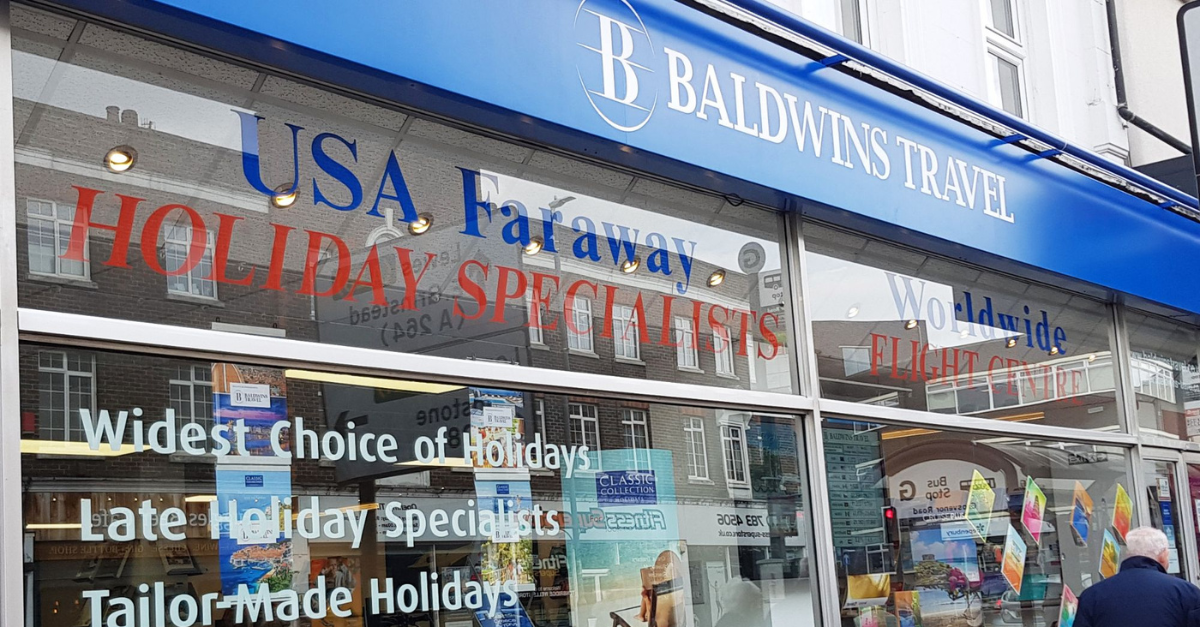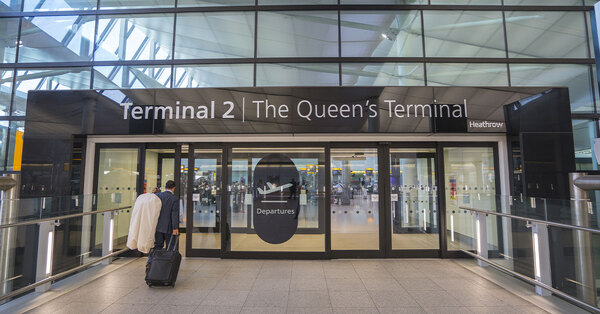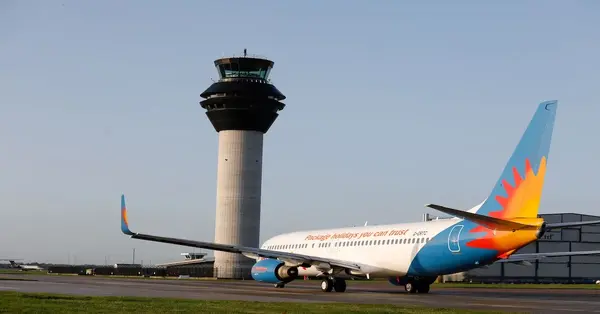You are viewing 1 of your 2 free articles
Merchants’ card payment fees increased by lack of competition, says regulator
A provisional report by the UK's Payment Services Regulator (PSR) has found prices for processing card payments "have risen substantially over the last five years” and concluded a lack of competition has allowed the two biggest card schemes to raise charges to merchants unchallenged.
The interim PSR report concludes the two card scheme giants, Mastercard and Visa, "do not face effective competition” in dealing with merchants and acquirers and that competition and choice is limited in optional services where alternative providers can't match the dominant schemes.
The regulator published the report on Tuesday following a market review of card scheme and processing fees and is seeking views on its findings ahead of a final report.
It found Mastercard and Visa increased their scheme and processing fees by more than 30% in real terms over the past five years but concluded: "There is little evidence that the quality of service has improved at the same rate.”
The PSR noted: "UK businesses have little choice but to pay increased fees as Mastercard and Visa cards account for 95% of transactions using UK-issued cards, while non-card payment methods are often not effective competitive alternatives.”
The review also found Mastercard and Visa provide "complicated and unclear” pricing statements to card acquirers, which enable merchants to take card payments, and concluded acquirers can't easily access information about fees, are often given insufficient notice of fee changes and have "very little ability” to negotiate fees.
The report sets out potential remedies, including improved transparency, obligations on Mastercard and Visa to explain and consult on the reasons for price changes, and greater reporting of financial information to the PSR to improve scrutiny of Mastercard and Visa.
PSR managing director Chris Hemsley said: "Every time someone uses a Mastercard or Visa card, UK businesses have to pay fees. These fees have significantly increased over recent years, and those increases can't be explained by improvement in service quality.
"We have also identified concerns about the transparency and quality of information available to those providing card services to businesses. Competition does not appear to be protecting businesses effectively.
"We are consulting on these provisional findings. Should we conclude the market isn't working well, we are considering remedies aimed at providing businesses and acquirers with more accurate and relevant information about the card services they use.”
Chris Owen, payments policy advisor at the British Retail Consortium, said: "This report highlights the lack of competition across card schemes, with fees being introduced without justification or sufficient explanation. It's now time for action.
"The PSR must implement meaningful reforms to increase competition, increase transparency, and reduce costs in the payment market.”
An attempt to bring collective proceedings, otherwise known as a class action claim, over ‘multilateral interchange fees' (MIFs) charged by Visa and Mastercard on corporate card and overseas visitors' card payments was ‘stayed' by a Competition Appeal Tribunal (CAT) in June last year.
Law firm Harcus Parker launched the claim on behalf of travel and hospitality businesses in April 2022, alleging Visa and Mastercard forced banks to agree an "anti-competitive and unlawful” level of MIFs.
The charges make up most of the merchant service charges which banks levy on card payments, but they are set by Visa and Mastercard which, in turn, receive ‘scheme fees' from the banks.
The PSR is seeking feedback on its provisional findings by July 30, 2024, and plans to publish a full report in the final quarter of this year.


















